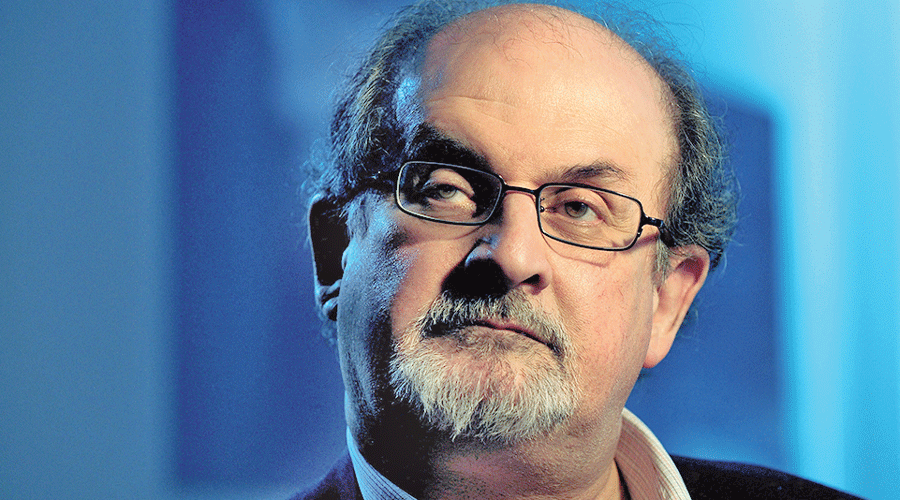The heinous attack on Salman Rushdie should not be seen merely as an assault on an individual. The incident has wider ramifications.One of its consequences could be turbulence in the sphere of international relations. The alleged endorsement of the attack on the author by the hardliners in Iran’s Establishment, coupled with the death threat issued against another popular writer, J.K. Rowling, for condemning the attack on Mr Rushdie, has elicited hawkish responses in the West. Rishi Sunak, one of the contestants of Britain’s premiership, has called for sanctions against Tehran. There is some speculation that the insensitivity displayed by the conservatives in Iran could further slow down Tehran’s talks with the United States of America on the resurrection of the nuclear deal that had been nixed by the Donald Trump administration. It would make sense for Tehran to rein in these rogue elements as it goes about attempting to normalise its ties with the West.
The possibility of burgeoning international censure against Iran bares the other — interconnected— dimension of the violence perpetrated on Mr Rushdie. Strategic imperatives, for all their cold diplomacy, continue to be influenced by conflict among values pursued by competitive polities.Mr Rushdie and his writing have been correctly held up as exemplars of free thought. This freedom — to believe and express what is often considered to be the contrarian viewpoint — remains central to the project of liberal politics that has been on the backfoot globally with the rise of majoritarianism and bigotry around the world. Be it religious orthodoxies or elected autocrats, in the Middle East, the East or the West, repressive regimes have forever been at war with democracy, its attendant values, and those who uphold them. Bloggers in Bangladesh, writers and rationalists in India, dissidents in China, Russia, Myanmar and Hungary, questioning students in Iran, critics in Saudi Arabia — each of these constituencies is waging its own battle for survival. These battles are expected to get sharper — bloodier? — even as global politics acquires a distinct polarised edge. Even the Indian Parliament has been markedly silent on the grievous harm done to Mr Rushdie. This kind of evasion does not sit well with India’s record of being one of the largest democracies of the world. But then, silence is supposed to speak a thousand words.










